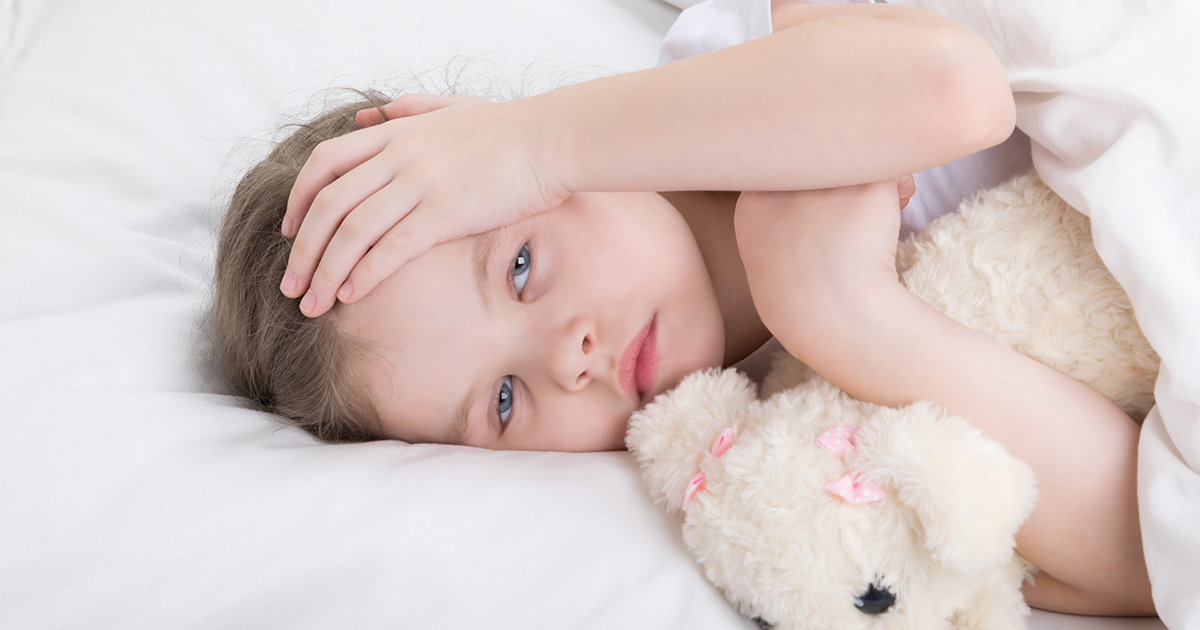How To Manage Repeated Headaches In Children
Approximately fifteen percent of children experience regular headaches, and five percent are from migraines. Although most headaches are not serious, they can be disruptive to daily life and may affect mood and learning. In rare cases, headaches, particularly repeated ones, can be a sign of a brain condition and should be checked out immediately. Prevention is an important part of treating repeated headaches. The following guide includes common causes of repeated headaches and treatments for children who suffer from them.
Learn The Signs

Approximately four percent of children have their first headache before they start going to elementary school. It can be hard for a child of this age to describe their pain; therefore, it is important for parents to know the visual signs so they can help spot it in their children and get them the help they require.
Children who seem more irritable than usual, hold their head in their hands, become restless, or sleep a lot may be suffering from a headache. Other signs include changes in personality, vomiting, waking up in the middle of the night, vision changes, fever, or a stiff neck.
